
History of Capitalism
The DIAS Program on the History of Capitalism is a series of lectures and workshops that brings both eternal and current questions about capitalism to the University of Southern Denmark
Capitalism is one of the great puzzles of the modern world. On the one hand, capitalist societies have seen levels of prosperity and freedom unknown to other types of societies – on the other hand, the dynamics of capitalism continue to generate inequalities, instabilities, and ecological challenges. How will this puzzle play out in the 21st century? How can the positive aspects of private enterprise best be aligned with social and ecological sustainability, and how will different types of capitalism cope with these challenges?
Such questions are increasingly debated around the globe. Within this context, the history of capitalism has emerged as a dynamic interdisciplinary field of study where scholars from the humanities and the social sciences are grabbling with questions such as: When, why and where did capitalism emerge? What exactly is capitalism, and how have different varieties been shaped by politics and culture?
The DIAS Programme on the History of Capitalism is a series of lectures and workshops that brings such questions to the University of Southern Denmark. The program is developed and convened by DIAS Senior Fellow of Humanities Jeppe Nevers and Senior Fellow of Business and Social Sciences Paul Richard Sharp. Therefore the programme springs from the intersection of history and economics, with the hope that it will develop into a truly interdisciplinary forum on campus.
The series will kick-off on August 25th 12:15-13:15 with a introductory lecture by Jeppe Nevers titled Historicizing Capitalism – Why and How?
Read more and sign up for this lecture here
Programme
The following programme on History of Capitalism features some truly outstanding researchers of high international distinction, starting with an online lecture by Professor Thomas Piketty in September. After this, each lecture will take place in the DIAS Auditorium from 12:15-13:15 and is followed by a workshop where we encourage people across faculties to engage in a varied dialogue about the history and future of capitalism.
September 15th 2021, 11:15-12:15 (online): A Brief History of Equality: Lessons from Capital and Ideology by Thomas Piketty
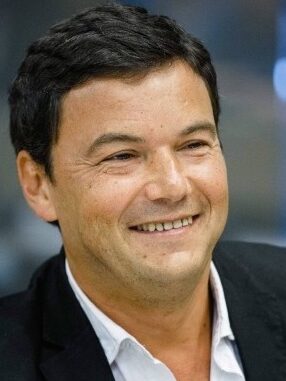
Abstract
Inequality, slavery and violence played a major role in the early rise of western capitalism. In later stages of development, however, it is the movement toward more equality in income, wealth, education and status which made increased and shared prosperity possible, especially during the 1910-1980 period. In this talk, Thomas Piketty will offer a new perspective on the history of equality and draw lessons for the future.
Click here for more information and sign up
October 13th 2021: Profit and Power in Late 18th Century British Capitalism by Mary O’Sullivan
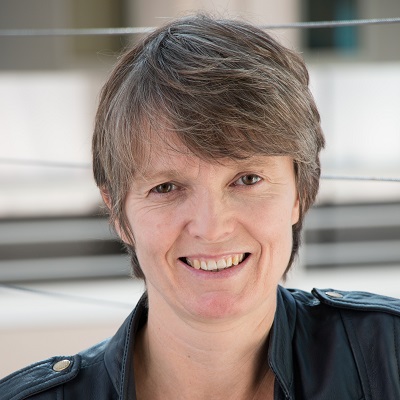
Abstract
Every historian of capitalism, whatever meaning she ascribes to capitalism, needs to make sense of Britain’s industrialisation from the late 18th century. There is a long-standing tendency in economic history, exemplified recently in Robert Allen’s The British Industrial Revolution in Global Perspective, to analyse the economics of machine adoption based on a calculus of cost saving.
No one has proven more articulate in challenging this approach than Eric Hobsbawm, who cautioned us against the assumption that a capitalist economy has any inherent tendency to cost-saving or technological innovation, emphasising that “[i]t has a bias only towards profit”. He suggested the potential of a history of profit to understand the motivations for introducing machines and the consequences of their adoption.
In this lecture, I take up this idea by exploring the adoption of steam engines in one of the most rapidly growing industries in the British economy in the second half of the 18th century. I show that this approach offers new insights on the history of capitalism that have relevance well beyond the bounds of any particular industry.
Click here for more information and sign up
After the lecture you are invited to participate in Capitalism Workshop from 14:15-16:00 in DIAS seminar room, just left of the main entrance.
January 26th 2022 (online): How Social Spending Has Worked by Peter H. Lindert
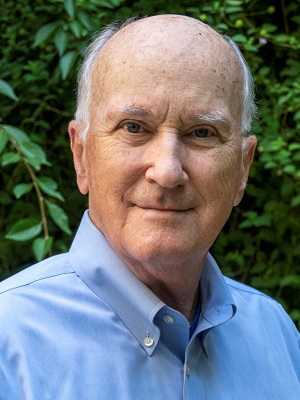
Abstract
The book Making Social Spending Work (2021) aims at diverse audiences, including journalists, policy advisors, students, and scholars. The DIAS presentation focuses on a few of the book’s contributions at the scholarly frontier.
It selects these four frontier themes:
(1) The world’s greatest error in social policy has been the underfunding of mass education. The error dates back to the commercial revolution and the rise of fiscal capacity in the early modern era. I offer an update on the roles of autocracy and democracy in launching state schools.
(2) Comparative history now reveals the best and the worst approaches to parental school choice.
(3) Growth is often compromised by a bias toward the elderly and elites in social budgets, especially in the global South. Some advanced countries risk moving in the same direction, while others have remained faithful to pro-growth investment in the young and the poor.
(4) The current pandemic offers lessons for social policy that broadly reinforce the lessons from longer-run global history.
Click here for more information and sign up
April 27th 2022: Globalization and Varieties of Backlash by Kevin O’Rourke
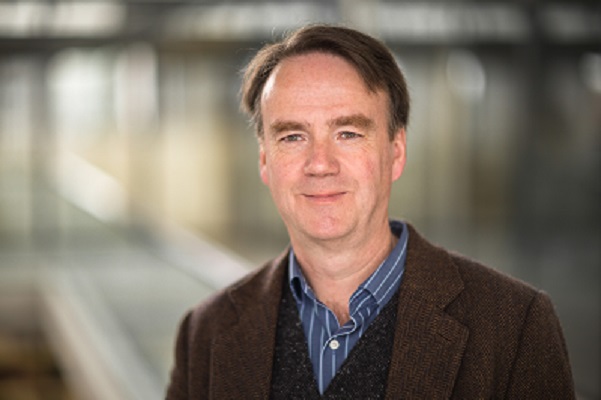
Abstract
Globalization is neither new nor irreversible. There have been great waves of globalization in the past that have led to a backlash against international economic integration. The lecture will describe several of these episodes and discuss the parallels between the past, the present, and — perhaps — the future.
Click here to sign up
August 28th 2022: Book Presentation: The Journey of Humanity by Oded Galor

Abstract
In a captivating journey from the dawn of human existence to the present, world-renowned economist and thinker Oded Galor offers an intriguing solution to two of humanity’s great mysteries.
Why are humans the only species to have escaped - only very recently - the subsistence trap, allowing us to enjoy a standard of living that vastly exceeds all others? And why have we progressed so unequally around the world, resulting in the great disparities between nations that exist today?
Immense in scope and packed with astounding connections, Galor's gripping narrative explains how technology, population size, and adaptation led to a stunning “phase change” in the human story a mere two hundred years ago.
But by tracing that same journey back in time and peeling away the layers of influence - colonialism, political institutions, societal structure, culture - he arrives also at an explanation of inequality's ultimate causes: those ancestral populations that enjoyed fruitful geographical characteristics and rich diversity were set on the path to prosperity, while those that lacked it were disadvantaged in ways still echoed today.
As we face ecological crisis across the globe, The Journey of Humanity is a book of urgent truths and enduring relevance, with lessons that are both hopeful and profound: gender equality, investment in education, and balancing diversity with social cohesion are the keys not only to our species’ thriving, but to its survival.
Click here for more information
January 25th 2023 (online): The Rise and Decline of Patriarchal Systems by Nancy Folbre
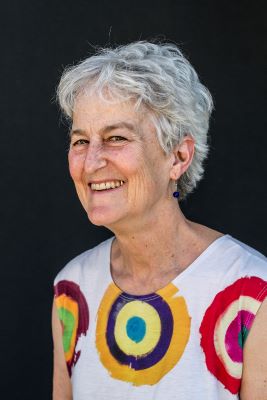
Abstract
Instead of describing social systems by one noun or another, such as capitalism, racism, post-colonialism, or patriarchy, we can conceptualize more complex intersecting, overlapping hierarchies based on multiple dimensions of institutional power.
This presentation outlines the co-evolution of patriarchal, racist, nationalist, and capitalist institutions over time, with an emphasis on conflicts and complementaries among different dimensions of assigned group membership.
Building on the Marxian metaphor of an "aristocracy of labor," it argues that many people find themselves in contradictory positions--enjoying advantages in some dimensions and disadvantages in others. It suggests that interactions between patriarchal and capitalist institutions help explain serious threats to sustainable economic development resulting from deterioration of both the physical and the social climate.
February 8th 2023: Architects of the Mixed Economy by Jenny Andersson
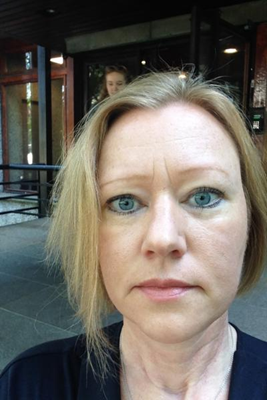
Abstract
This talk reexamines three well-known figures in Sweden’s turn to neoliberalism, the economists Assar Lindbeck, Ingemar Ståhl, and Gösta Rehn. They were all social democrats. Rehn was an active social democrat and trade union economist all of his life, ending his career as a professor of labor economics in the Institute for Social Research.
Lindbeck and Ståhl were also active social democrats, but Ståhl was a maverick who provoked in socialist student debates in Lund with great oratories on the equalizing effects of the price mechanism. He was eventually ejected from social democracy and became a hardcore market liberal associated with the Swedish Business Federation’s thinktank Timbro.
Lindbeck remained a social democrat until the wage earner funds debate in 1975. My talk focuses on their thinking of the so-called "mixed economy" as a particular form of capitalism and argues that it served as a meeting space between the intellectual histories of social democracy and neoliberalism.